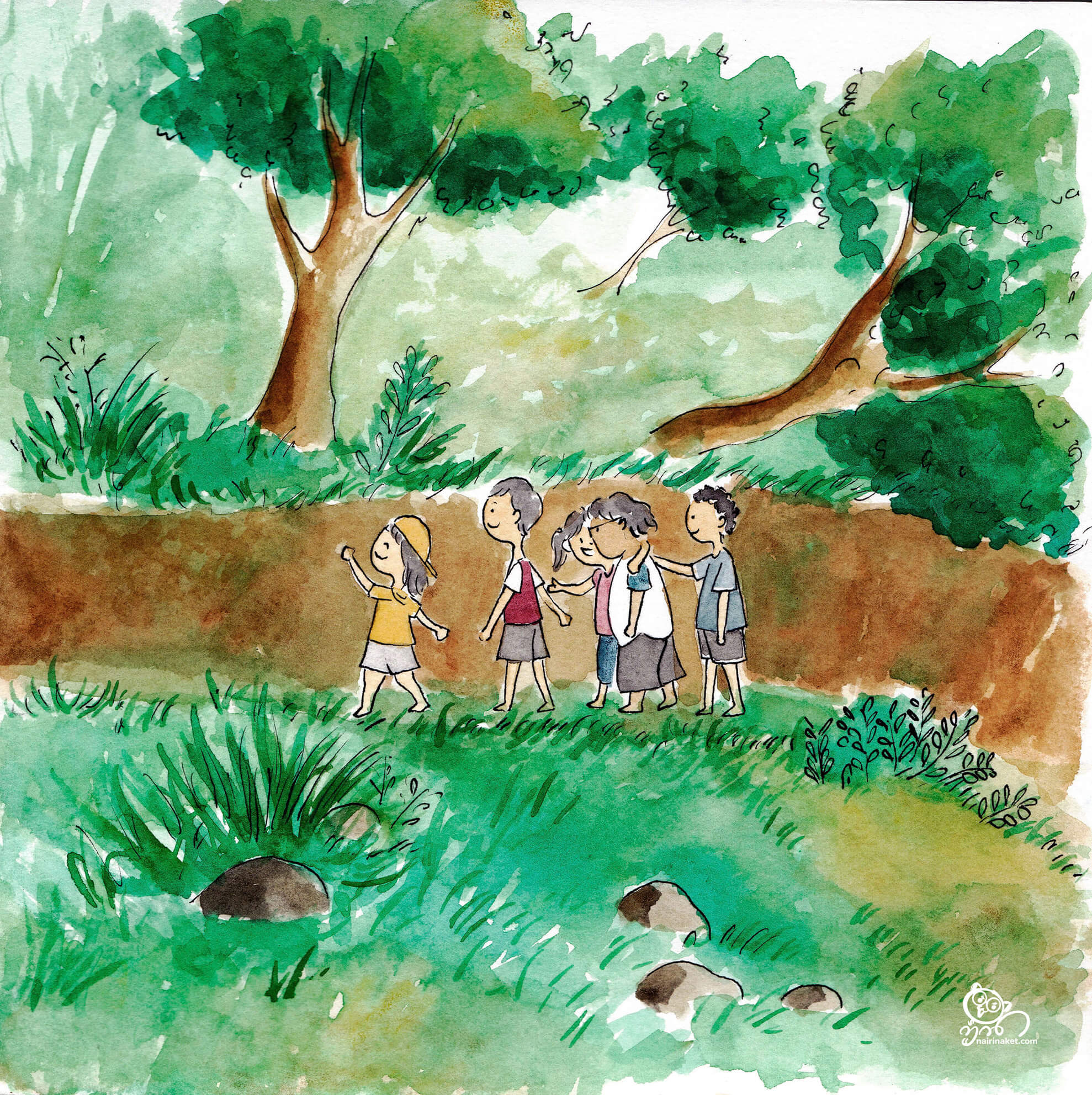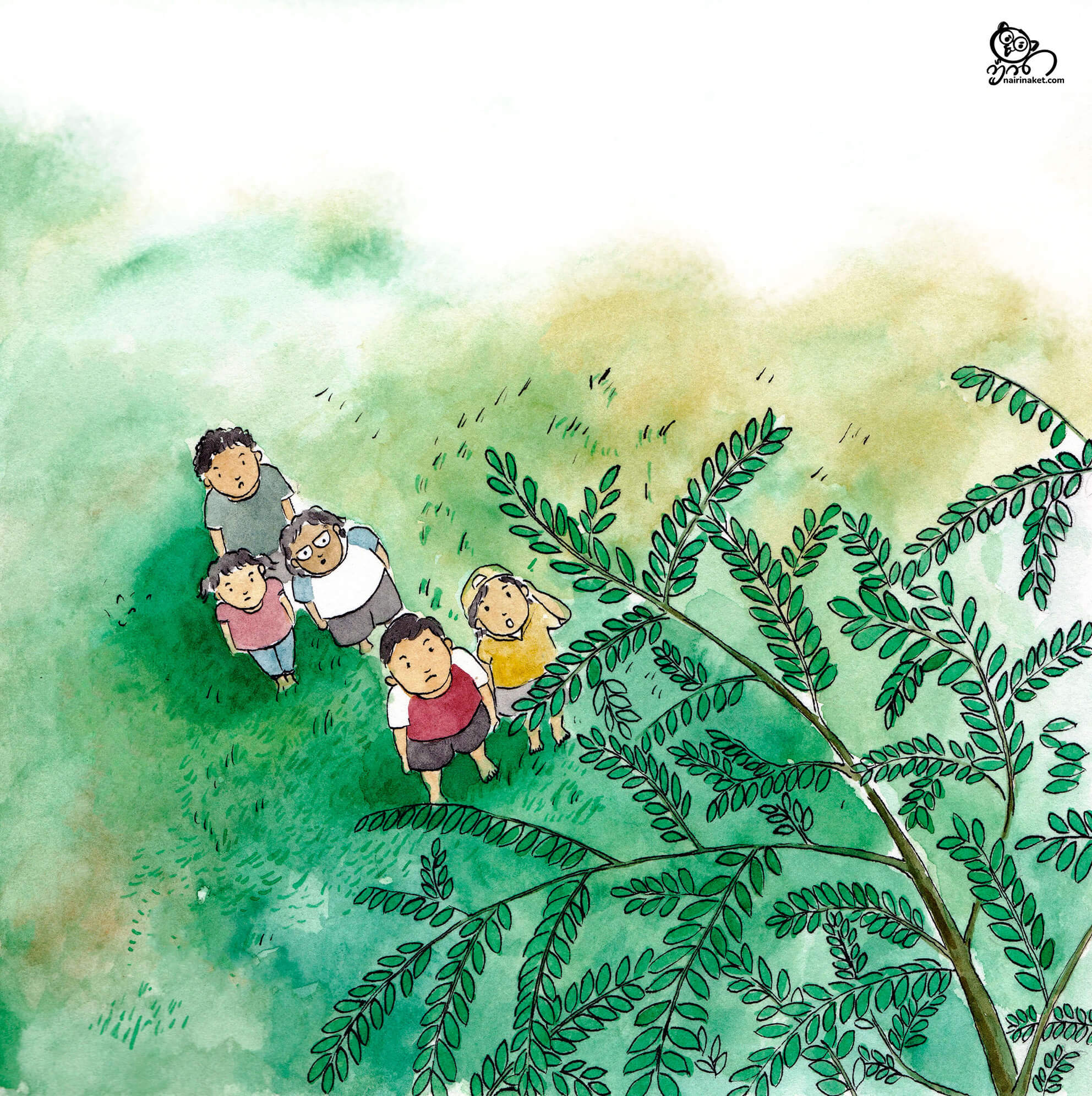MELIK, written by Putri Singer


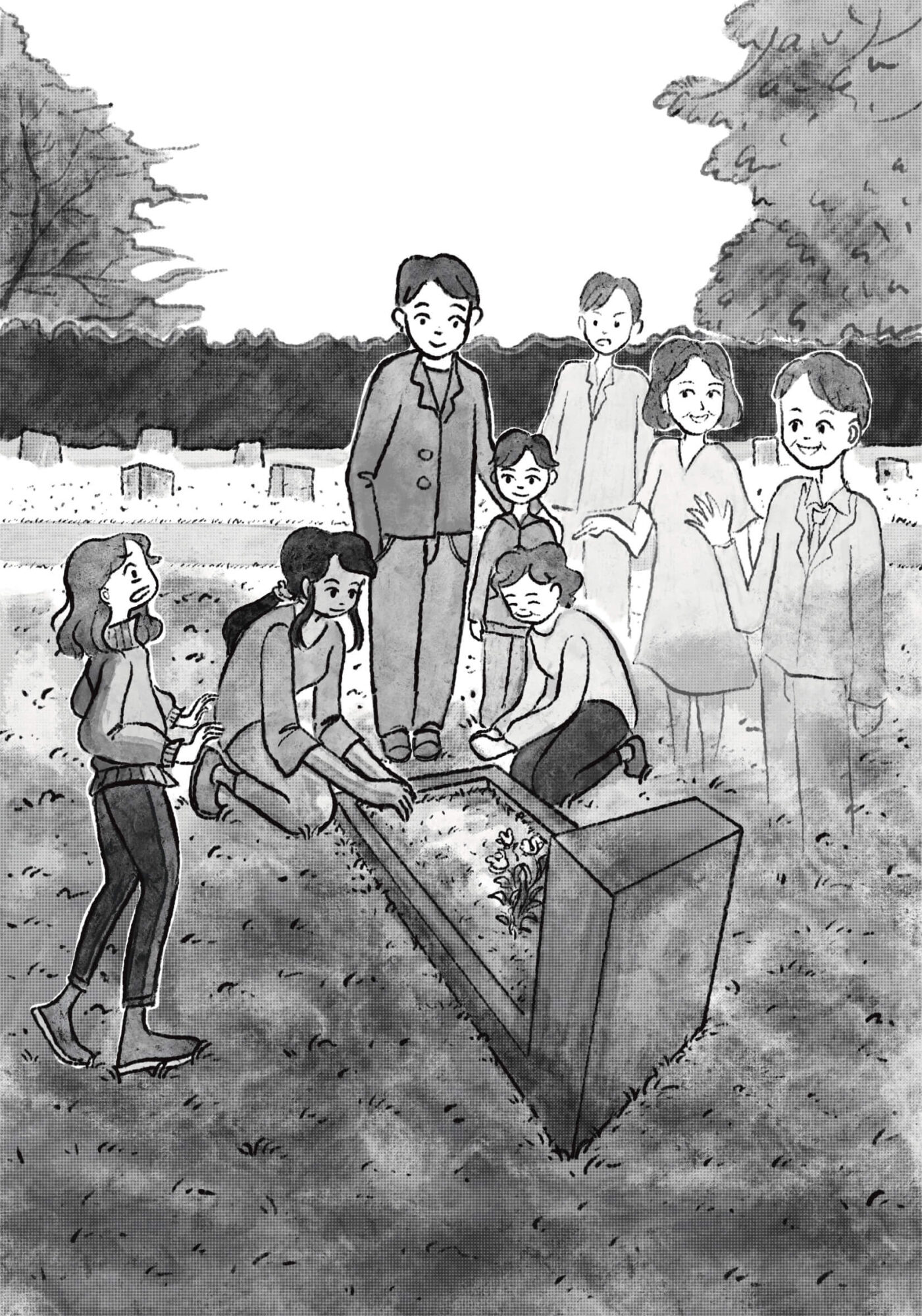
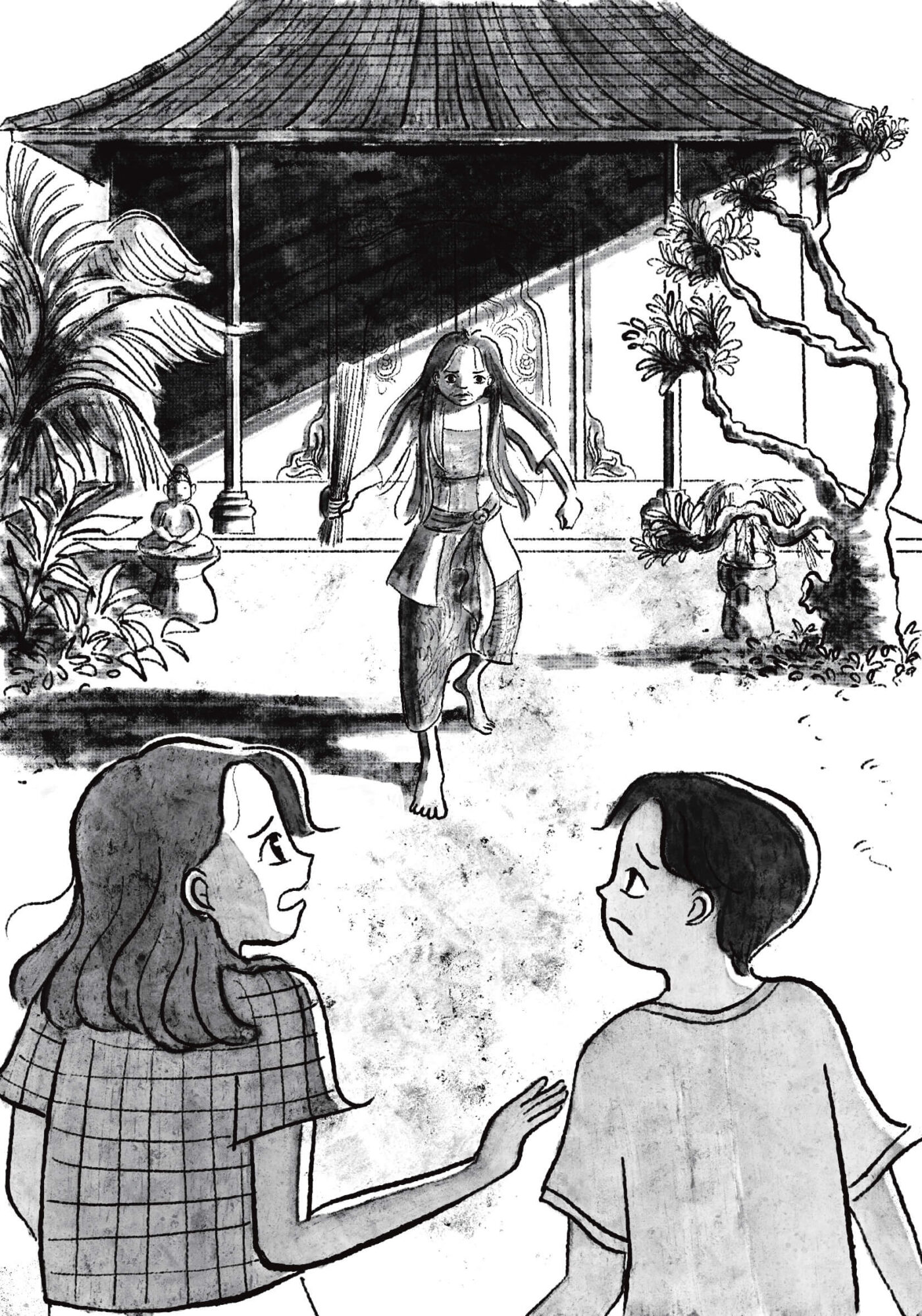
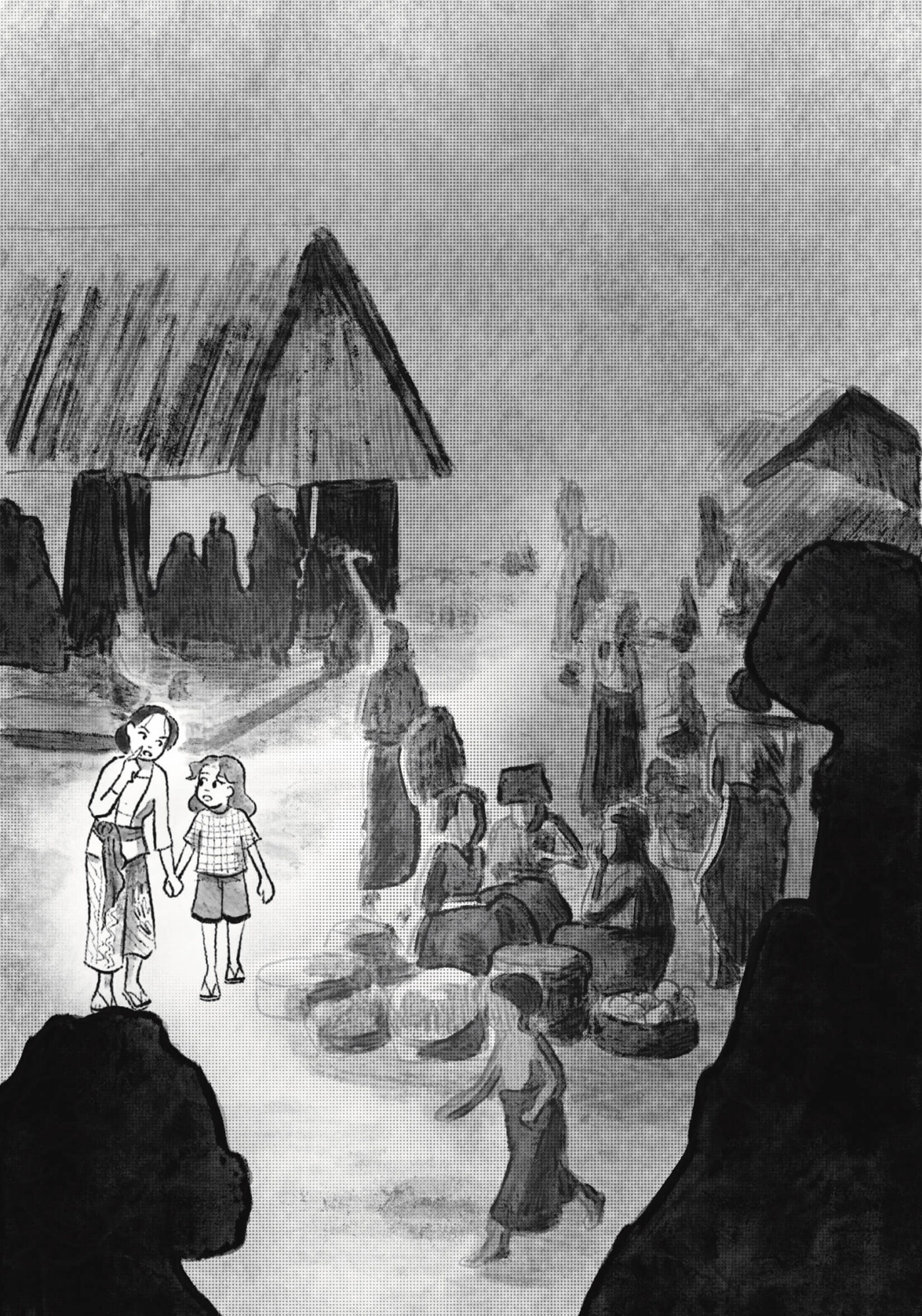
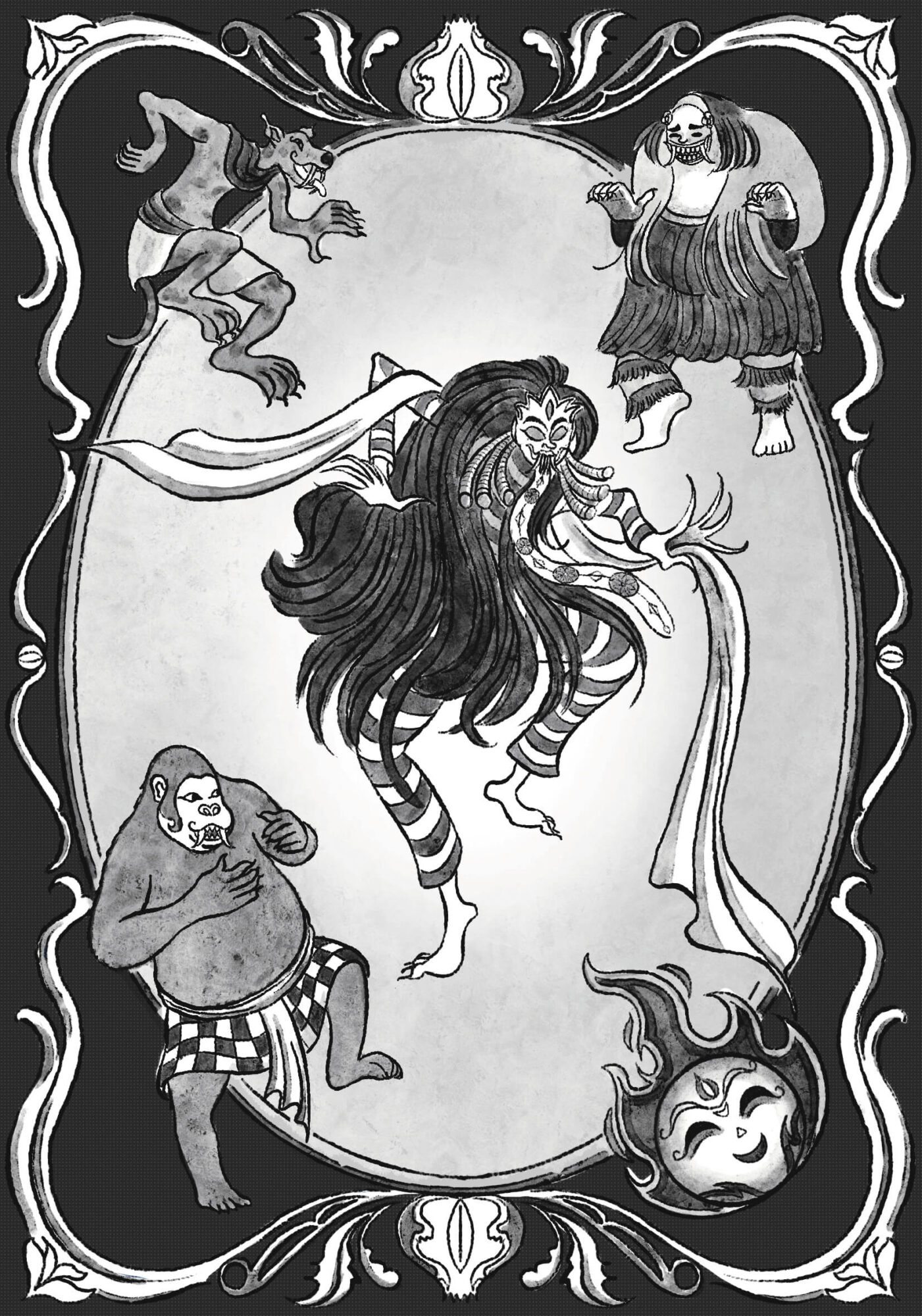
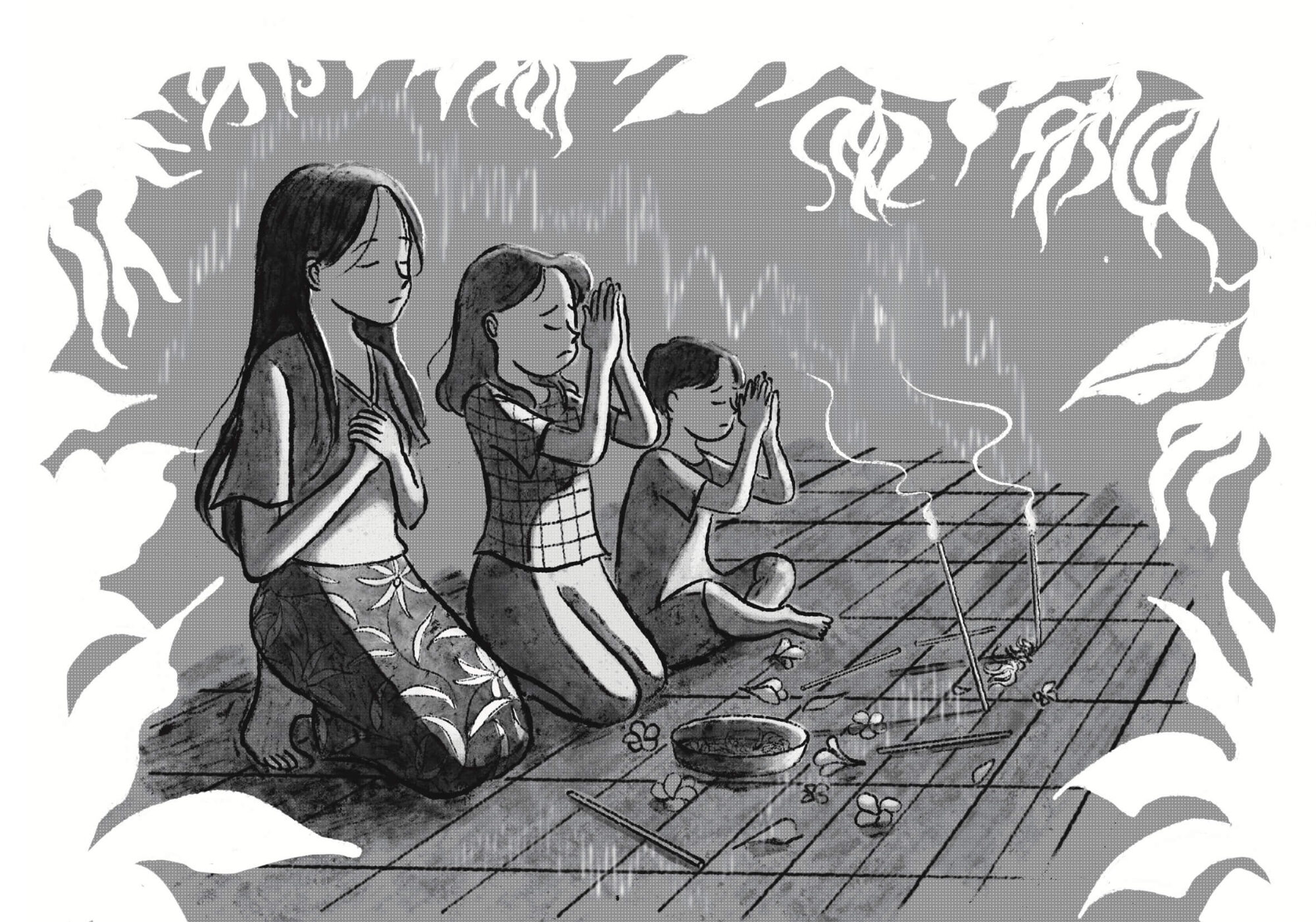
THE SILK FARM, written by Kunthearo Prum
Chan is excited to weave silk at her grandmother’s silk farm. But there are many steps and so much to learn! Can Chan do it?



UDAN-UDANAN, written by Iin Nuraini
Soré arep Asar, langité peteng ndhedhet. Nalika grimis, bocah-bocah pada semangat. Kabèh padha pamit marang Ibuk arep menyang mesjid. Bocah telu wis duwe karep arep udan-udanan bali seka mesjid mengko. Jebul tenan, bubar solat Ashar udané durung terang. Horé! Sida udan-udanan. Wah! Bocah telu bisa didukani Ibuk iki. Aksa, Malih, lan Galih banjur udur kepiyé carané supaya ora didukani Ibuk. Apa bisa, ya?

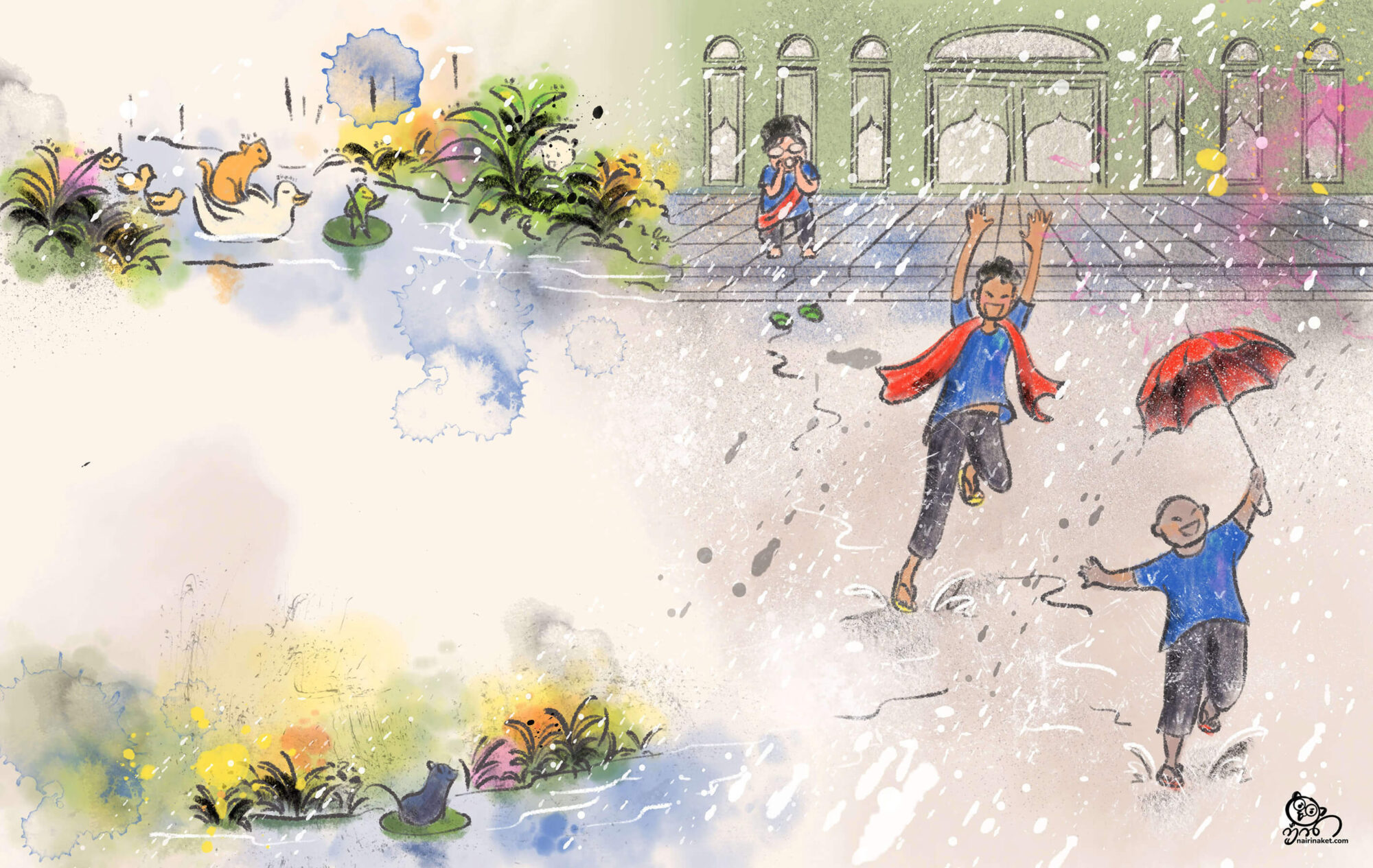
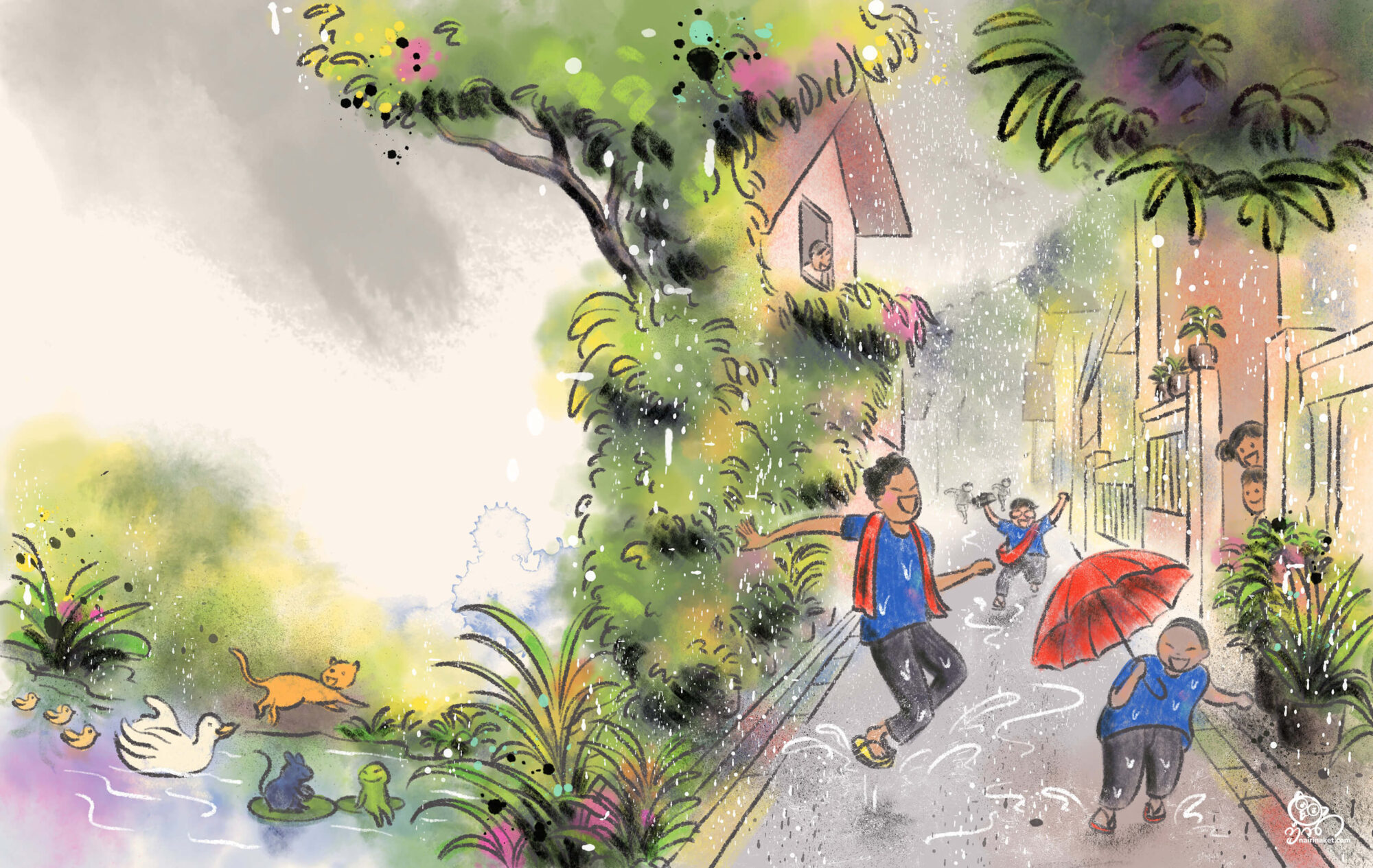
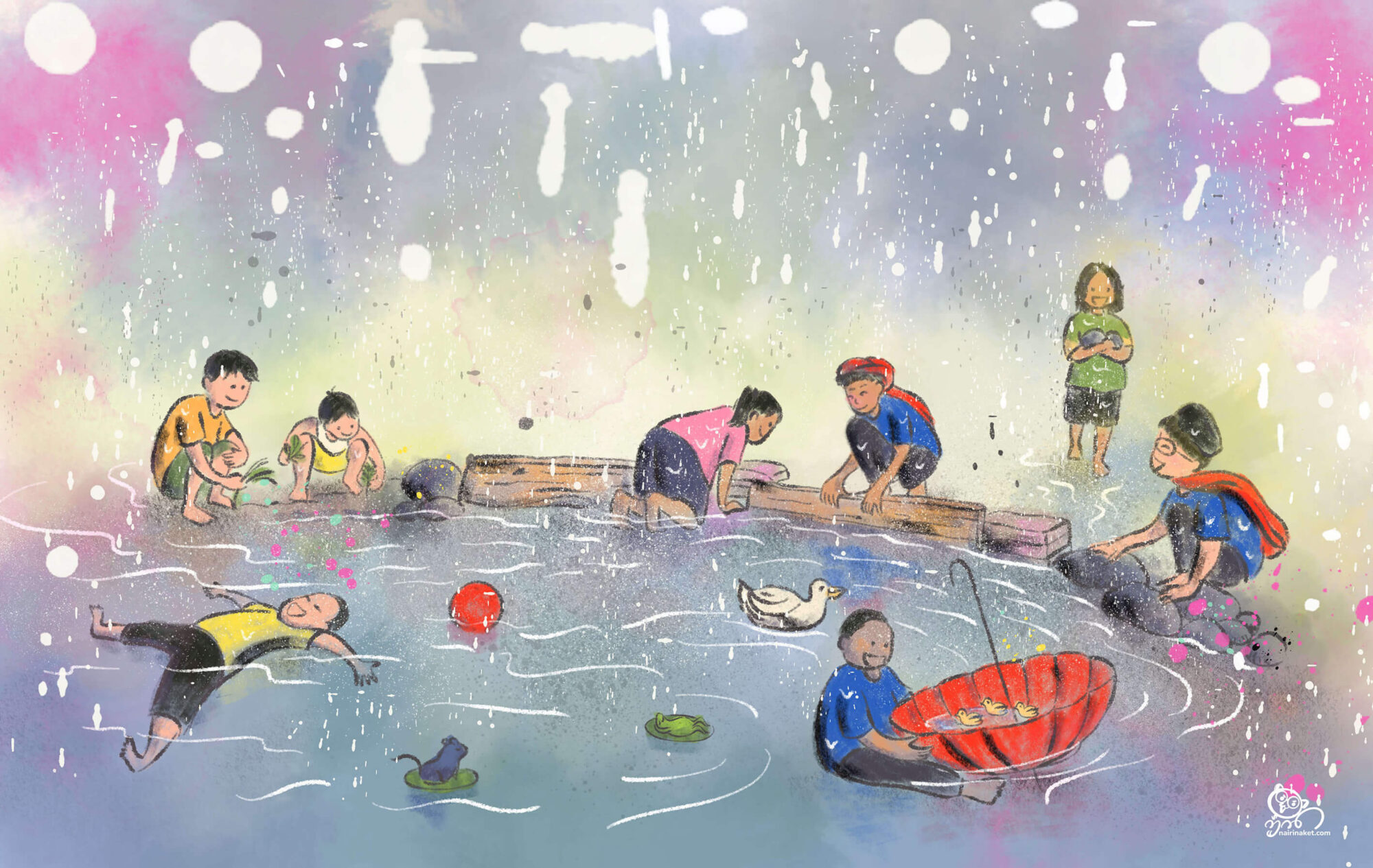
GLEGER, written by Djokolelono
Desa Kalibonang gègèr amarga polahé Wildan lan Han. Lik Drimi tiba kréngkangan, wedhus-wedhusé Bapaké Wildan oncat ora karu-karuan. Lha ana apa ta?
Desa Kalibonang heboh atas polah Wildan dan Han. Lik Drimi jatuh karena kaget, kambing-kambing milik ayahnya Wildan berlarian tanpa arah. Memangnya ada apa, ya?
Kalibonang village is excited about Wildan and Han’s actions. Lik Drimi fell in shock, his father Wildan’s goats running aimlessly around. What’s going on, huh?

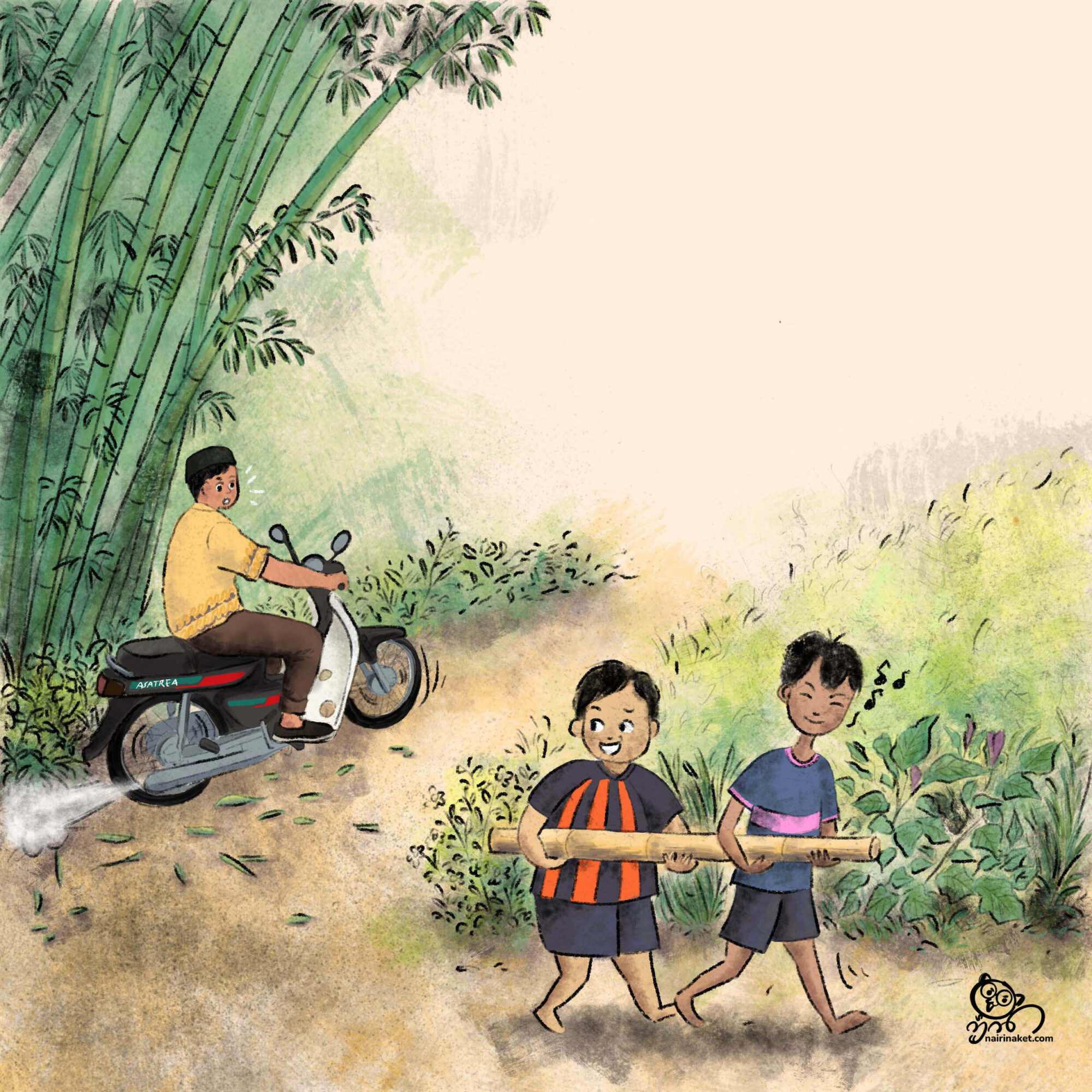
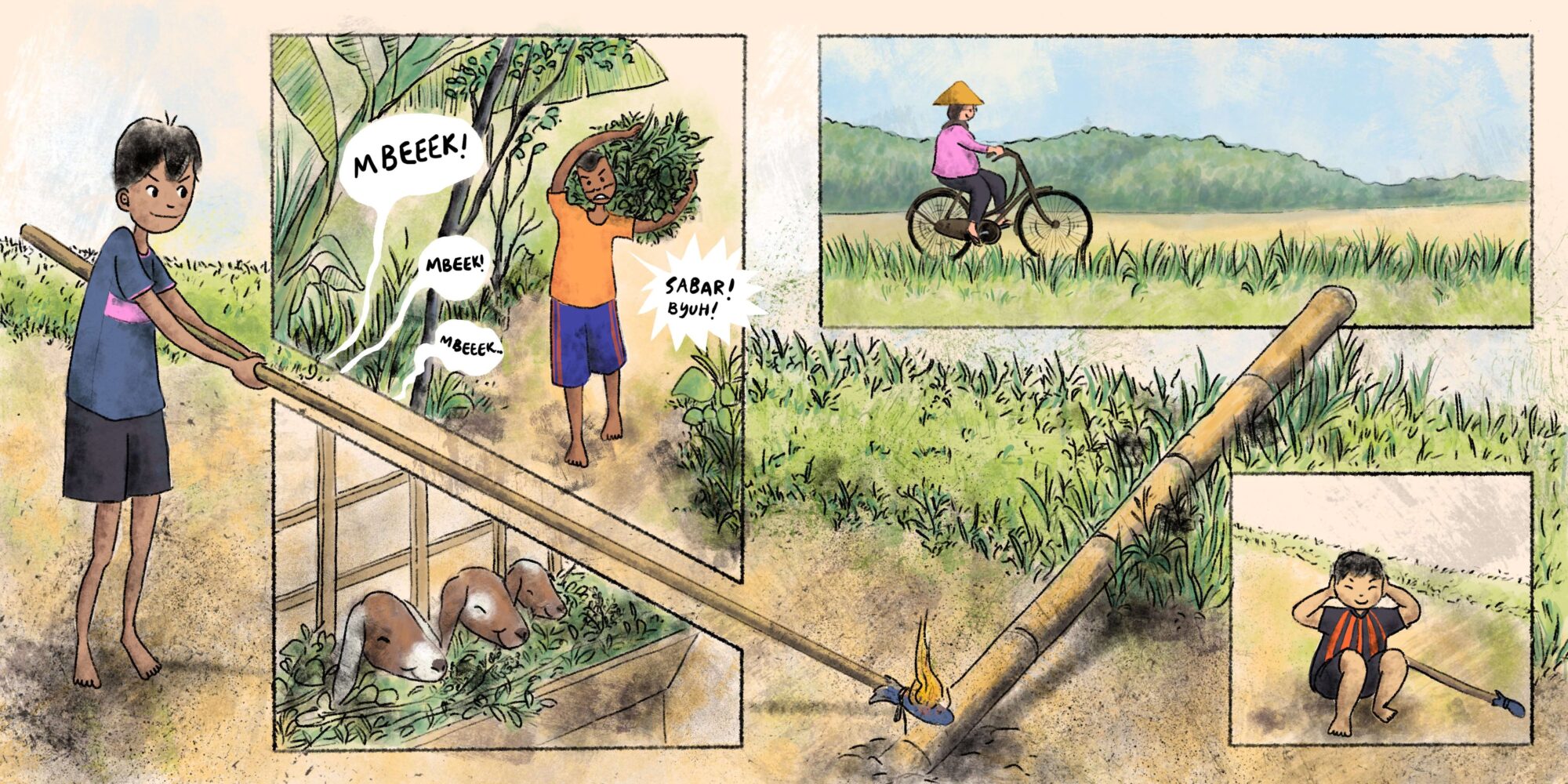
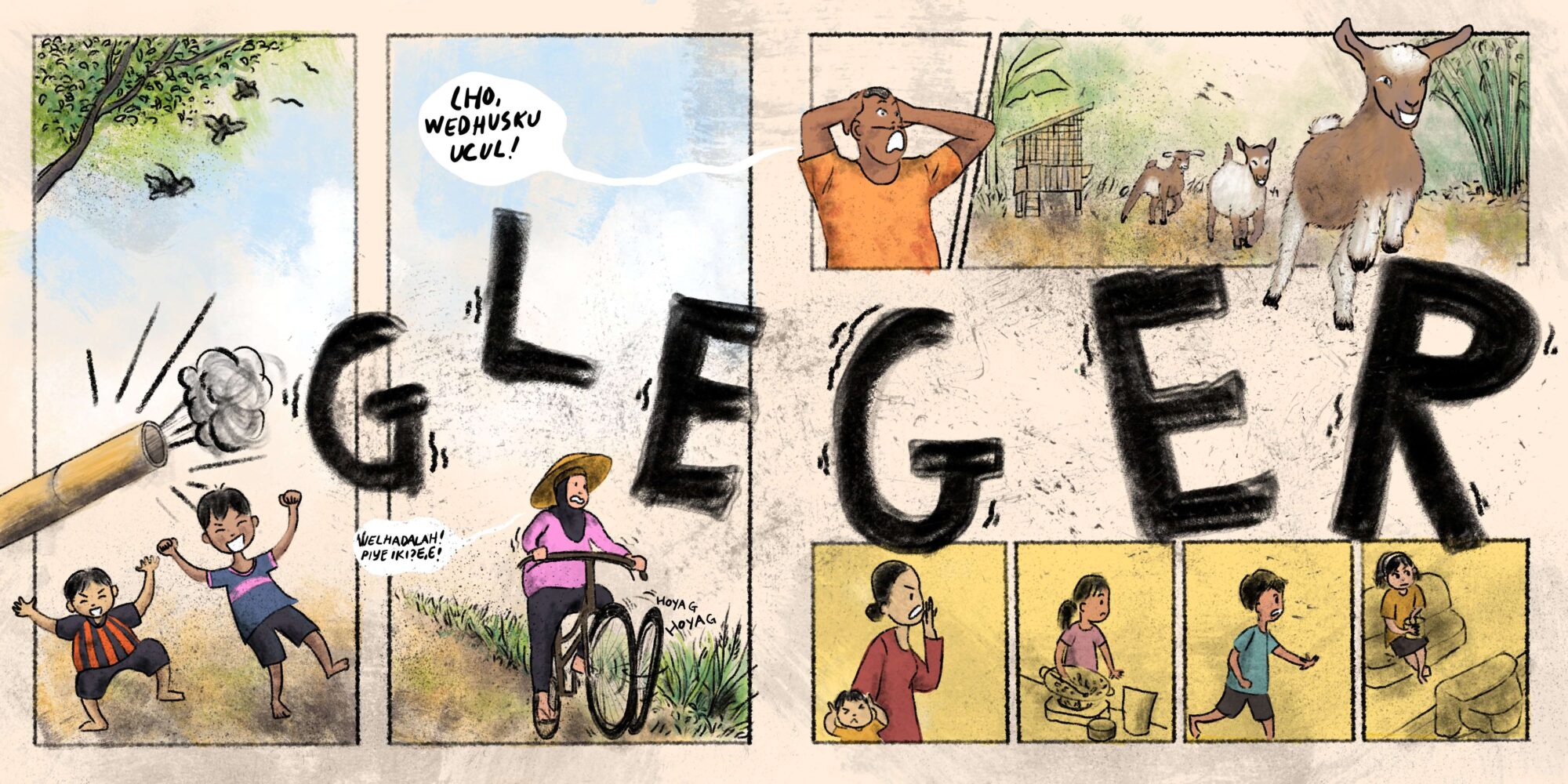
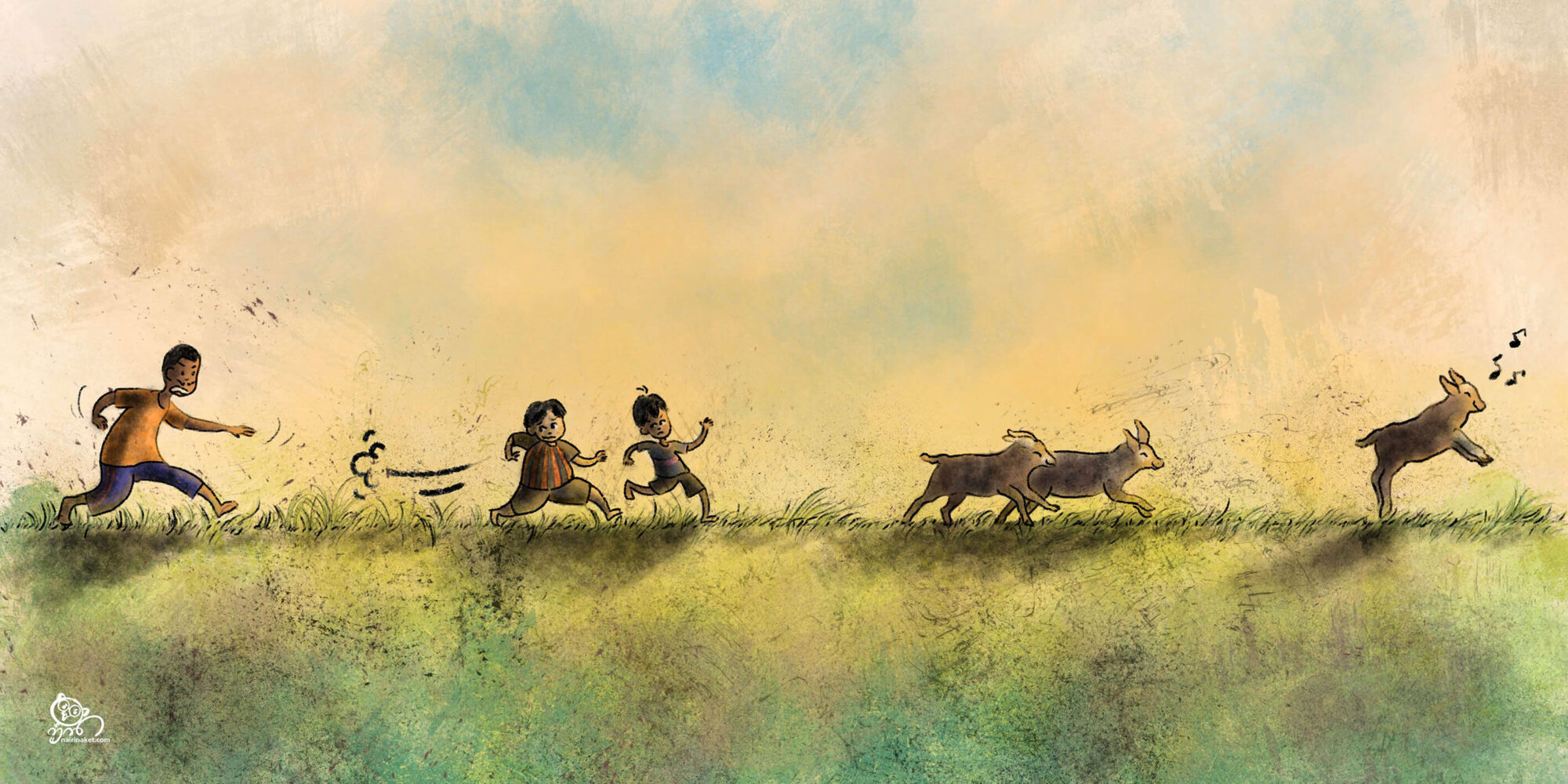
INGATAN MASA KECIL, written by Yona Primadesi
In the course of the Indonesian annexation of Timor Leste (East Timor), thousands of children were forcibly transferred to Indonesia. This poetry book for young readers gives a voice to four of them: Maukunda, who has to labour at an Indonesian military camp »weighed down by a backpack bulged full of bullets and rations«; Miggel, who has to watch a hungry dog dig up corpses »with claws that, like grief, continue to gnaw at your heart«; Alberto, who was abducted and returns home to find his own grave, where his parents had to »mourn him facing an empty casket«; Sabelinha, who has to work as a slave, until somebody »pays the ransom for the remainder of her childhood«. Yona Primadesi, whose poetic language helps to mitigate the atrocities depicted here. Nai Rinaket’s opaque illustrations in calm shades of brown cast a distancing, softening veil over this painful subject.

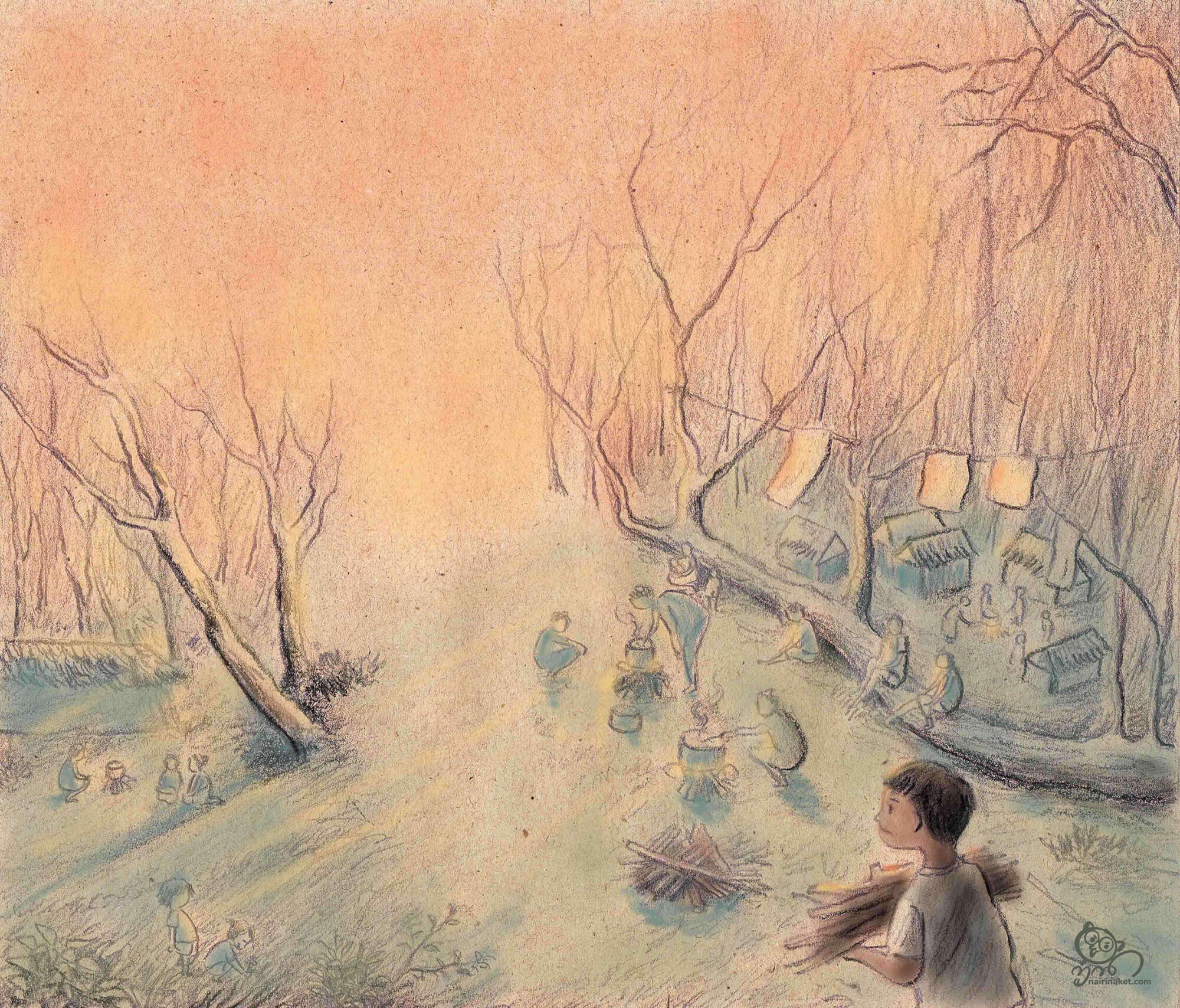

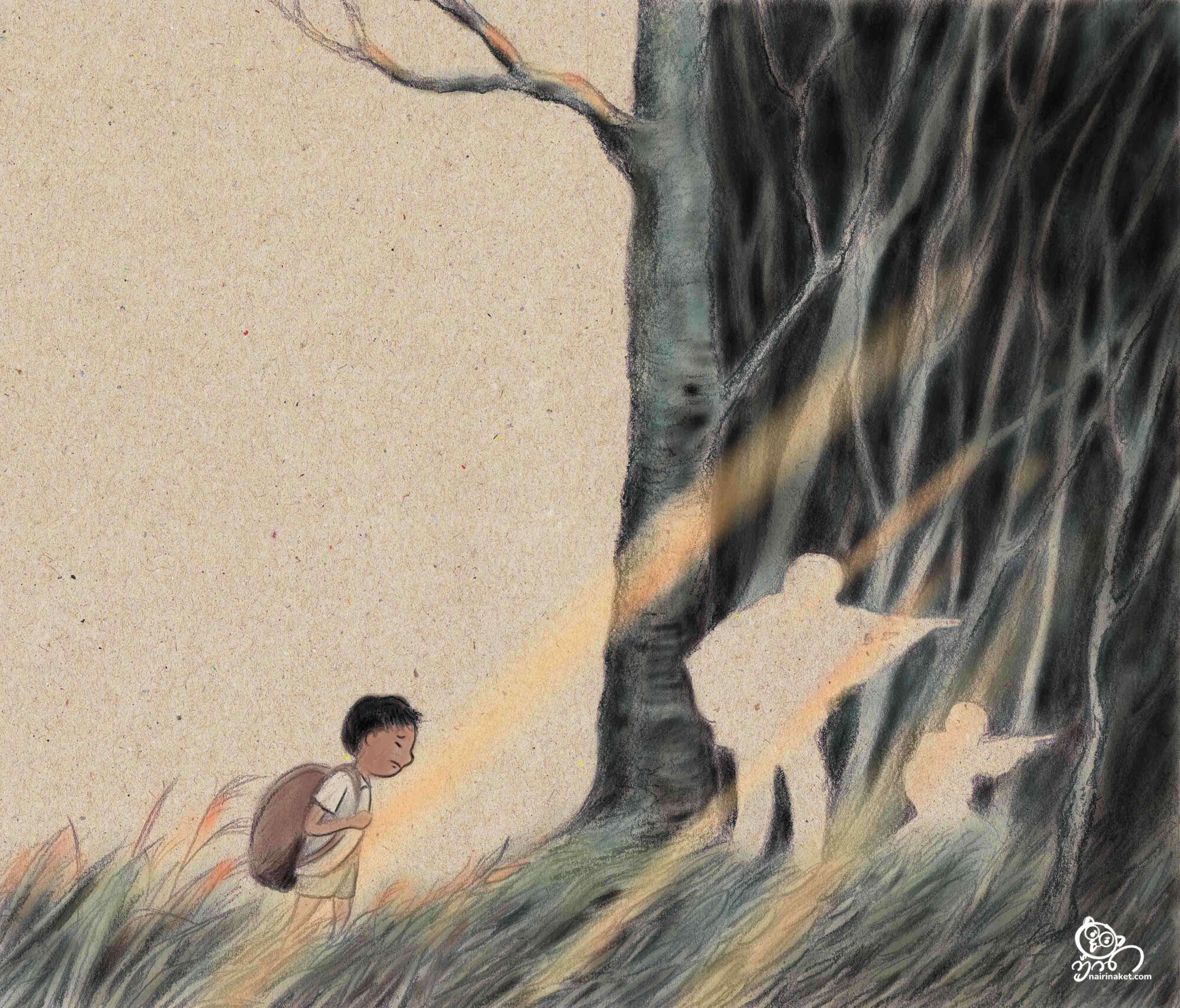

MENEK WIT JAMBU, written by Lia Loeferns

